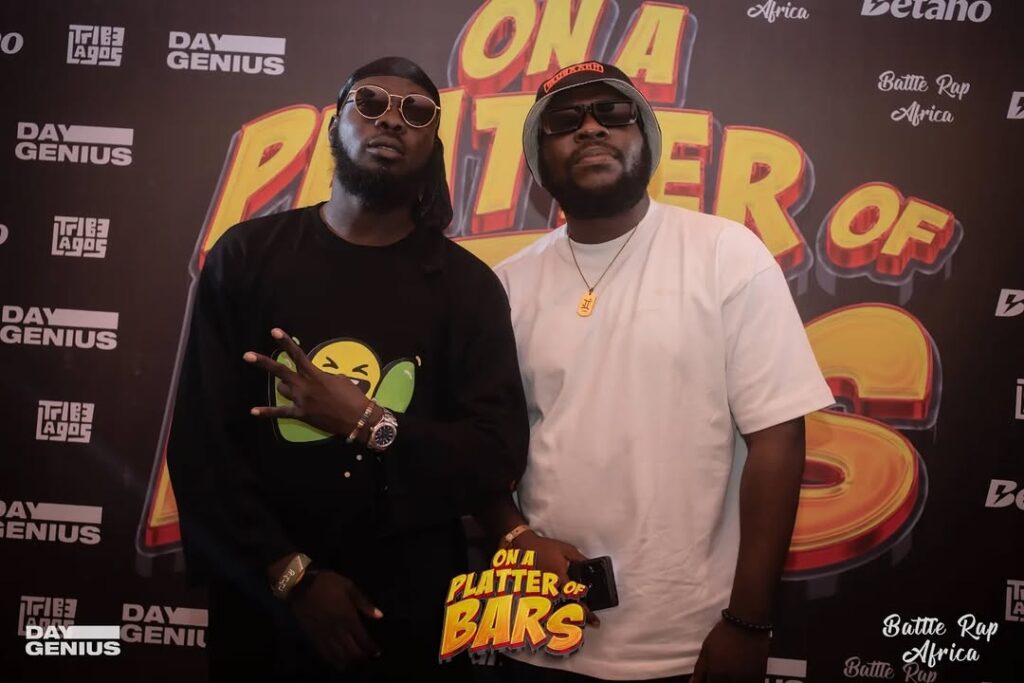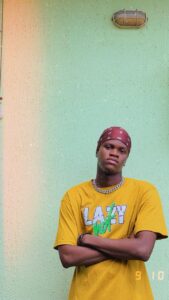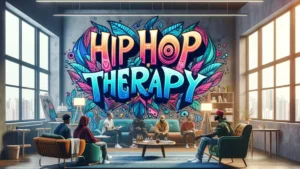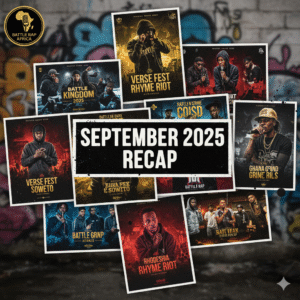Over the past two years, Nigerian battle rap has evolved from a scrappy subculture to a budding entertainment industry. With events like On a Platter of Bars, offering a million naira in prize, battlers are now thinking beyond punchlines. They’re learning contracts, negotiating appearance fees, building brands, and even attracting sponsors.
Big Purses, Bigger Ambitions
The turning point came when cards like Dabu vs Alpha Hybrid started offering prize purses in the amount to a million naira. Crowds weren’t just paying for the bars — they were paying for an experience, with proper staging, ticketing, and MCs hyping the action.
Similarly, the Gulag’s Kaos in Lagos rolled out with a cash reward of a million for the winner of a particular battle. For battlers who once treated rap clashes as passion projects, these developments signalled something new: a real pathway to income.
The Promoters’ Playbook
So how are promoters funding all this? Revenue now comes from multiple streams:
- Tickets: Events list on platforms like Eventbrite with advance sales ranging from ₦3,000–₦10,000 per seat.
- Sponsorships: Alcohol brands, tech startups, and lifestyle companies have started testing the waters. At Battle Rap Events, Betano already backed battles, setting a precedent for corporate tie-ins.
- Streaming & Clips: Organisers post battles to YouTube, often racking up tens of thousands of views per battle. With proper monetisation, ad revenue alone can support operational costs.
- Merch: Some leagues are experimenting with branded t-shirts and caps tied to their events.
For promoters, the challenge is balancing costs — venue, sound, security, and talent fees — while keeping tickets affordable for fans. As one Lagos organiser put it, “It’s a hustle, but when a battle goes viral, it pays back.”
Battlers as Brands
For battlers, the equation is simple: win the bag, then turn the buzz into bookings. A strong performance doesn’t just secure prize money — it drives streaming numbers, features, and club appearances.
Take Buez vs Alpha Hybrid. Beyond lyrical dominance, Buez’s third round — deeply personal and powerful — lit up social media, positioning him as not just a battler but a storyteller brands could align with.
Battlers are also monetising through:
- Paid YouTube content and reaction videos.
- Merch and limited-edition drops.
- Workshops and training programs for young rappers.
- Endorsements with lifestyle brands eager to connect with Gen Z.
As Buez himself said, “I came to make a statement, not just to win.”
ICYMI: Buez on Alpha Hybrid: “I Came to Make a Statement, Not Just to Win”
Why Brands Are Listening
For brands, battle rap offers something Afrobeats shows sometimes can’t: raw authenticity and hyper-engaged youth audiences. The crowds are smaller, but the energy is viral.
When Betano partnered with Battle Rap Africa for a Battle Rap Event, it proved that global players see Nigerian lyricism as a worthy cultural investment. For beverage, telecom, and streetwear companies, sponsoring a card could mean instant access to the next 10,000 customers.

Digital Platforms: The Global Stage
While live events drive the energy, it’s online where Nigerian battle rap truly scales. A single uploaded battle can reach diasporan audiences in the U.S., U.K., and South Africa within a matter of hours.
Battle Rap Africa’s channel, for instance, hosts dozens of clashes, with some reaching over 100,000 views. With YouTube’s monetisation structure, that can mean steady revenue — if properly optimised.
Social platforms like TikTok and Instagram also help battlers build personas through bite-sized clips, freestyles, and reaction videos. In a sense, a killer 10-second punchline could be as profitable as a whole three-round battle.
Challenges in the Business of Bars
But with money comes tension. As stakes rise, judging disputes have intensified — fans accuse judges of bias, and battlers call for transparency in scoring.
There’s also the issue of sustainability. Can battlers realistically live off the culture, or is it just a stepping stone to mainstream music? Outside Lagos and Abuja, regional scenes in Port Harcourt, Ibadan, and Kano often struggle with exposure and resources.
If battle rap is to grow as an industry, promoters and rappers will need to:
- Standardise contracts and payouts.
- Ensure transparent judging systems.
- Invest in regional leagues to avoid Lagos dominance.
The Road Ahead
Battle rap in Nigeria is standing at a crossroads. From ₦1M cash prizes to branded stages, the art form is proving it can sell tickets, pull sponsors, and drive digital traffic. But whether it becomes a long-term business model or a short-lived hype depends on how the culture manages growth.
If promoters continue to build sustainable leagues, if battlers diversify their revenue streams, and if brands remain invested, then battle rap won’t just be underground entertainment. It’ll be a full-fledged industry — one where young Nigerians can earn, create, and tell their stories through bars.
And when that happens, the next time a Lagos crowd screams “Heyyo!” it won’t just be for the punchline — it’ll be for the business too.






